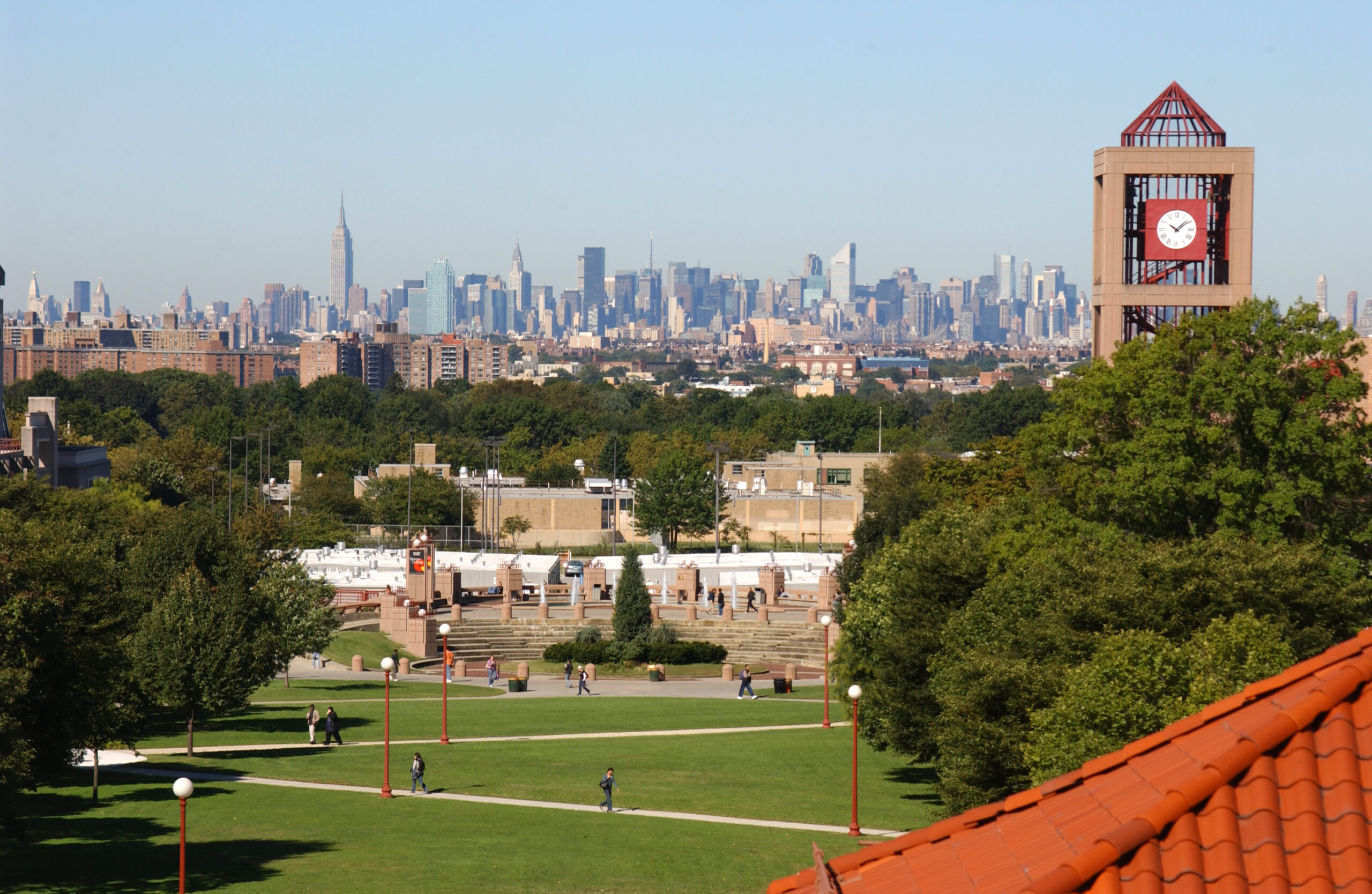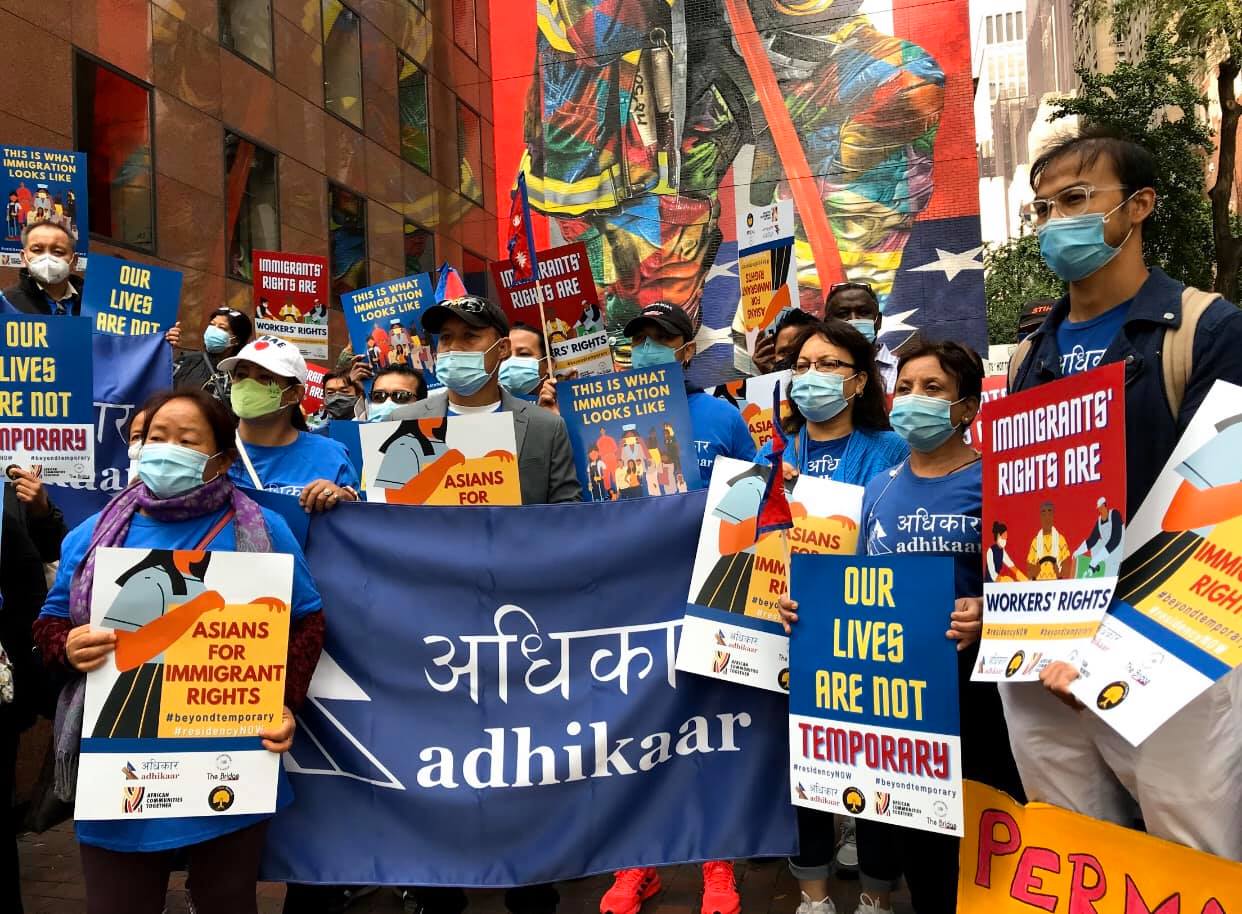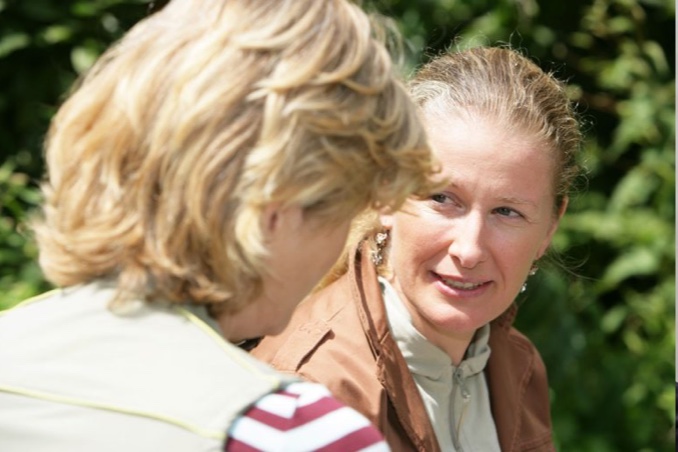The Center for Effective Philanthropy has published a blog by FJC’s CEO Sam Marks titled, “Stretching Dollars without Straining Donors: The Case for Revolving Funds.” The blog post features a donor’s innovative use of a DAF-like account at FJC to support the nonprofit Southern Environmental Law Center’s pioneering anti-pollution litigation work, as well as additional applications of revolving funds. An excerpt is below.
At FJC – A Foundation of Philanthropic Funds, we have worked with imaginative donors to structure revolving accounts (essentially, variations on Donor Advised Fund accounts) with a goal of empowering nonprofits to take on significant campaigns and projects. Such arrangements can be incredibly catalytic, giving nonprofits the confidence to move forward on complex projects while mitigating financial risk. Also, by prioritizing activities with a high likelihood of recovery, these structures create the potential for donors to amplify their impact, revolving their funds so that the same philanthropic dollar can have multiple impacts on multiple projects.
A case in point is our work with the Southern Environmental Law Center (SELC), a 35-year-old nonprofit organization active across six states.
As impact investing becomes further mainstreamed among foundations and holders of Donor Advised Funds, imaginative donors should consider recoverable grants and revolving fund structures as an additional tool in their continuing philanthropy.
To achieve their mission, SELC uses a broad array of law and policy approaches including strategic litigation which can be expensive and resource intensive. Enter an anonymous donor at FJC. The donor worked with FJC to create an account where charitable grants to SELC are deposited and from which SELC can draw funds specifically to pay for direct litigation expenses (like expert fees) in potential fee-recovery cases. Periodically, when SELC wins a case and recovers attorney fees, they make a deposit back into the FJC fund to replenish it in the event of future need. To date, SELC has drawn approximately $1 million from the revolving fund to pay for professional experts and other direct litigation expenses. With an incoming payment of fees recovered from SELC’s landmark Atlantic Coast Pipeline litigation, SELC will have redeposited some $270,000 back into the fund.
As impact investing becomes further mainstreamed among foundations and holders of Donor Advised Funds, imaginative donors should consider recoverable grants and revolving fund structures as an additional tool in their continuing philanthropy. A fundraising campaign around this type of fund may engage donors that wish to invest in the organization’s growth and capacity while simultaneously compelling donors who would find value in seeing significant, multiple impacts over a long period of time as a result of a one-time gift.
For more information about revolving funds and how SELC put this unique resource to work, read the full blog post at Center for Effective Philanthropy.










